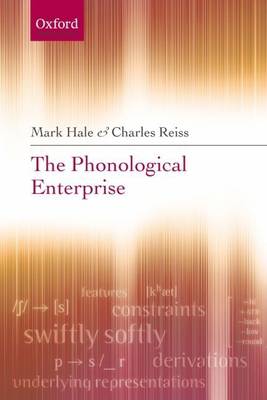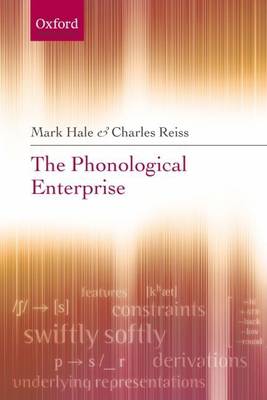
- Afhalen na 1 uur in een winkel met voorraad
- Gratis thuislevering in België vanaf € 30
- Ruim aanbod met 7 miljoen producten
- Afhalen na 1 uur in een winkel met voorraad
- Gratis thuislevering in België vanaf € 30
- Ruim aanbod met 7 miljoen producten
Zoeken
€ 66,95
+ 133 punten
Uitvoering
Omschrijving
This book scrutinizes recent work in phonological theory from the perspective of Chomskyan generative linguistics and argues that progress in the field depends on taking seriously the idea that phonology is best studied as a mental computational system derived from an innate base, phonological Universal Grammar. Two simple problems of phonological analysis provide a frame for a variety of topics throughout the book. The competence-performance distinction and markedness theory are both addressed in some detail, especially with reference to phonological acquisition. Several aspects of Optimality Theory, including the use of Output-Output Correspondence, functionalist argumentation and dependence on typological justification are critiqued. The authors draw on their expertise in historical linguistics to argue that diachronic evidence is often mis-used to bolster phonological arguments, and they present a vision of the proper use of such evidence. Issues of general interest for cognitive scientists, such as whether categories are discrete and whether mental computation is probabilistic are also addressed. The book ends with concrete proposals to guide future phonological research. The breadth and depth of the discussion, ranging from details of current analyses to the philosophical underpinnings of linguistic science, is presented in a direct style with as little recourse to technical language as possible.
Specificaties
Betrokkenen
- Auteur(s):
- Uitgeverij:
Inhoud
- Aantal bladzijden:
- 306
- Taal:
- Engels
- Reeks:
Eigenschappen
- Productcode (EAN):
- 9780199533978
- Verschijningsdatum:
- 15/05/2008
- Uitvoering:
- Paperback
- Formaat:
- Trade paperback (VS)
- Afmetingen:
- 231 mm x 155 mm
- Gewicht:
- 462 g

Alleen bij Standaard Boekhandel
+ 133 punten op je klantenkaart van Standaard Boekhandel
Beoordelingen
We publiceren alleen reviews die voldoen aan de voorwaarden voor reviews. Bekijk onze voorwaarden voor reviews.











